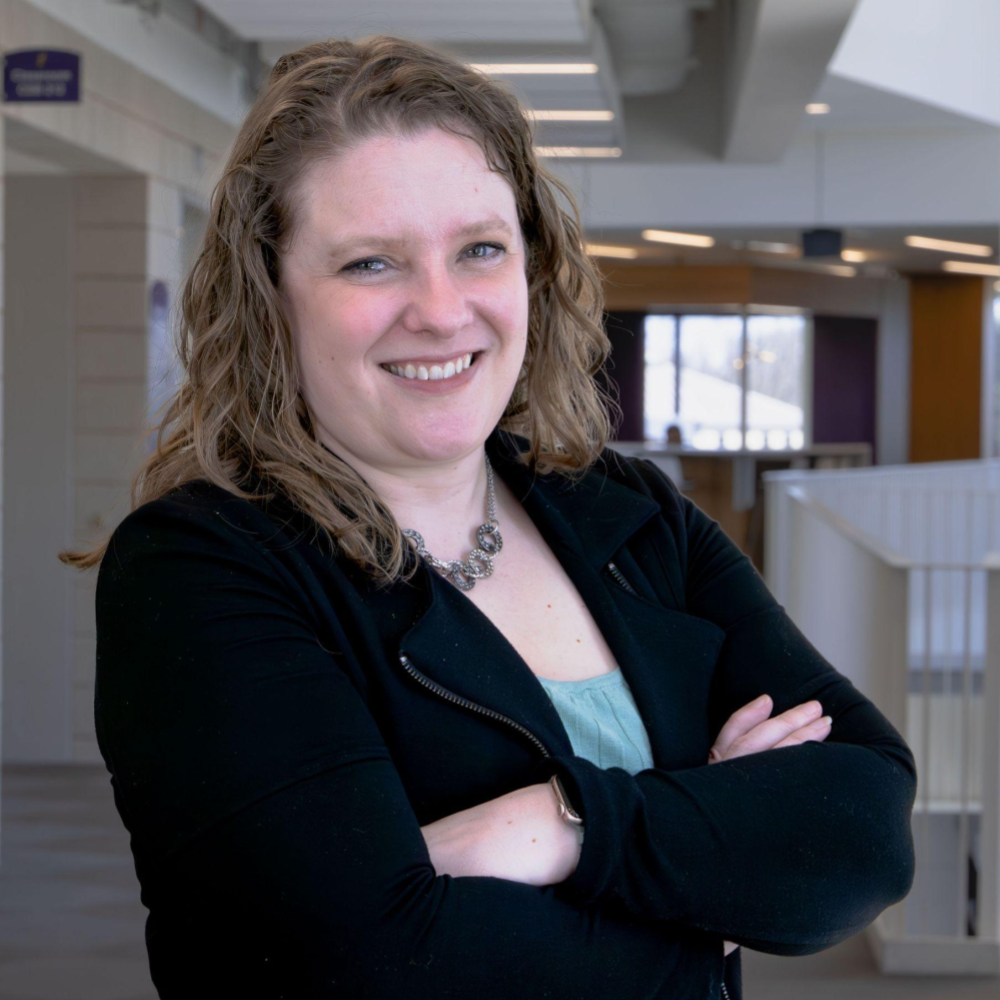
An Interprofessional Mass Casualty Simulation: Implementation and Lessons Learned From the Continuous Quality Improvement Process
Abstract:
With the escalating frequency of disaster and mass casualty events, it’s crucial to train future health care providers in triage and collaborative care of victims. The need for health care professionals to work seamlessly in interdisciplinary teams is particularly crucial during disaster and mass casualty scenarios as previous studies have highlighted the importance of interprofessional collaboration due to the challenges of communication in health care. This lecture will contribute to the ongoing discourse on interprofessional education by offering a tangible model for integrating diverse health care disciplines into a collaborative learning experience. This lecture will describe an interprofessional mass casualty simulation specifically designed for athletic training, nursing and paramedic students and family medicine physician residents. The simulation was based on the principles of professionalism, physiologic understanding and interdisciplinary practice and learning, and aimed to actively engage participants in a collaborative and immersive learning experience and prepare participants for the challenges of post-mass casualty scenarios, fostering reflection on roles and enhancing understanding of the interconnected dynamics within health care teams during crises. This lecture will examine the use of simulation standards, present findings from a mixed-method study and emphasize the continuous quality improvement process utilized in the design of this large-scale simulation. Presenters will provide insights into improving collaboration among health care disciplines and refining education strategies to address the evolving needs of interprofessional education and disaster preparedness. Best practices for future interprofessional mass casualty simulations will be examined.
Learning Objectives:
- Summarize the challenges and successes encountered when implementing an interprofessional mass casualty simulation.
- Identify key insights and knowledge acquired through the continuous quality improvement process, exploring how continuous refinement enhanced the simulation's educational impact on students’ experiences.
- Recognize the impact of integrating diverse health care disciplines in the simulation.
- Discuss best practices for future implementations.
Level:
Essential
Domain(s):
Domain 2: Assessment Evaluation and Diagnosis
Domain 3: Critical Incident Management
Domain 5: Health Care Administration and Professional Responsibility
CEUs:
0.5 Category A
Track: Pedagogy
Format: Lecture
In order to earn your CEUs, you must watch the session video in its entirety and complete the assessment.

Elizabeth Drake, EdD, LAT, ATC
Dr. Liz Drake is an educator and certified athletic trainer with extensive experience in teaching, research, and clinical practice. Dr. Drake is currently an Assistant Professor and Clinical Education Coordinator at Minnesota State University, Mankato, where she also serves as Affiliated Faculty for the Center for Rural Behavioral Health. Her teaching portfolio includes a wide range of courses such as Structural Kinesiology and Biomechanics, Advanced Sports Medicine, Manual Therapy and Neurological Assessment and Care, delivered in traditional, hybrid, and online formats.
Dr. Drake's expertise extends to simulation-based education, where she has helped design and executed emergency simulations for athletic training students, managed manikin responses, and participated in interprofessional mass casualty simulations. She has also trained standardized patients, created patient profiles, and developed interprofessional simulation experiences for undergraduate and graduate allied health and nursing students.
Throughout her career, Dr. Drake has contributed to the athletic training field through presentations, research, and service. She has been actively involved in professional organizations, including the Minnesota Athletic Trainers’ Association and the Great Lakes Athletic Trainers’ Association and currently serves as an advisor for the Minnesota Athletic Trainers’ Association Student Senate.

Megan Dohm, MA, RN, PHN, CHSE
Dr. Megan Dohm serves as the Academic Director of the Maverick Family Simulation Center and nursing faculty teaching using simulation-based strategies at Minnesota State University, Mankato. Dr. Dohm has developed, facilitated, and evaluated simulation-based learning activities for nursing and other allied health faculty while in her position at the university. In previous roles, Dohm served as Coordinator of the Simulation Center and was responsible for all aspects of a simulation program, including program planning, budget, student learning outcomes, and evaluation. Dohm has facilitated medical-surgical, home health, obstetric, pediatric, and emergency department simulations for undergraduate nursing students. In her work with other allied health professions, she has assisted faculty in facilitating simulations for athletic training graduate students, dental hygiene, and speech pathology students.
Dr. Dohm has served in many leadership roles, including Faculty Counselor of the Mu Lambda Chapter of Sigma Theta Tau International, Archivist of the Minnesota Alliance for Nursing Education (MANE) Curriculum Committee, and Chair of Curriculum (Inver Hills Community College) and STIC (Minnesota State University, Mankato) committees. Dohm’s research interests include interprofessional simulation and academic/practice partnerships in simulation and psychomotor skills training.

Sabrina Ehmke, DNP, RNC-OB, NPD-BC, PHN
Dr. Sabrina Dean Ehmke (she/her), DNP, RNC-OB, NPD-BC, PHN, is a highly accomplished nursing professional and Assistant Professor in the Department of Nursing at Minnesota State University, Mankato. She earned her Doctorate in Nursing Educational Leadership from American Sentinel University in 2019, graduating summa cum laude. Dr. Ehmke holds a Master of Science in Nursing from Grand Canyon University (2011) and a Baccalaureate in Science in Professional Nursing from Minnesota State University (2003).
Dr. Ehmke's teaching portfolio encompasses a range of courses including Caring, Courage, Team Building, Relationship-Based Care in Nursing Practice, Nursing Care of Families, Obstetrics and Pediatric Nursing Care, Leadership, and Community Health Nursing. Her previous roles include Dean of Nursing, where she provided leadership in financial initiatives, policy writing, nursing curriculum development, hiring and orientation, and establishing clinical partnerships.
Her professional interests focus on women’s healthcare, family-focused care, population/community health, aging individuals and families, and fostering student success. Dr. Ehmke has contributed to publications in Clinical Simulation in Nursing, The American Journal of Maternal Child Nursing, Nursing Management, and Creative Nursing journals. Her research primarily centers around simulation techniques, community-focused interventions, and enhancing student experiences.
Beyond her academic and professional achievements, Dr. Ehmke is deeply committed to community health nursing and service. She volunteers with organizations such as the Mankato Food Shelf, Alzheimer’s Action Committee, VINE Faith in Action, and the Living Earth Center's Community Farm. Dr. Ehmke serves as Health Pod Coordinator for Project Community Connection, illustrating her dedication to community-based initiatives and giving back to the community that has shaped her nursing career.

